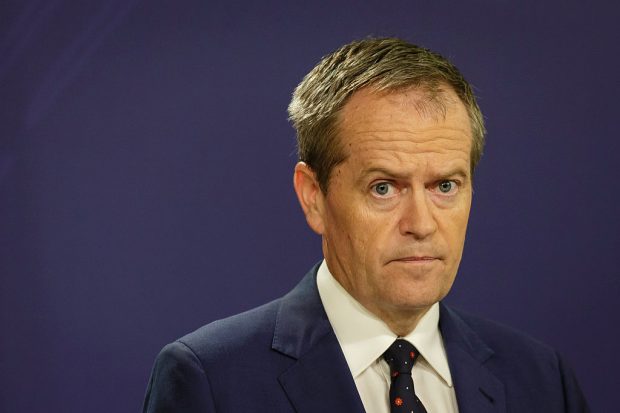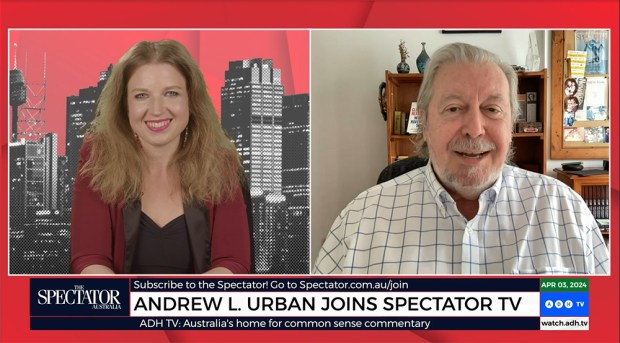 Remember all that Marxist/Leninist guff, circa a century ago, about public ownership of the ‘commanding heights’ of the economy? If you think it went out with privatisation of Telstra, the Commonwealth Bank, Qantas, electricity businesses and so on … think again.
Remember all that Marxist/Leninist guff, circa a century ago, about public ownership of the ‘commanding heights’ of the economy? If you think it went out with privatisation of Telstra, the Commonwealth Bank, Qantas, electricity businesses and so on … think again.
Traces of Marxist doctrine linger in the Australian Labor Party’s statement of objectives and principles, where we find that as a “democratic socialist” party the ALP aims to “socialise industry, production, distribution and exchange, to the extent necessary …”. But these words have had little reflection in what Labor governments actually do since the Chifley government tried to nationalise the banks in the 1940s.
So why is the statement still there? Perhaps nostalgia. Perhaps to give a certain type of ALP member a warm inner glow. At any rate, the last party conference initiated a review — or more precisely another review, because this is not the first such navel-examining project.
The truth is that most of the ALP hierarchy learned long ago that government ownership of businesses is unnecessary to achieve socialist goals, and is even a hindrance. They recognise that economies work better — and the pie is larger — if government generally stays out of business ownership.
The reference to socialisation of industry remains in the party’s mission statement as a bit of window dressing. It should go, but whether it stays or goes will make no practical difference.
Democratic socialists around the world long ago discovered they can achieve all they want with the levers of redistributive taxation, expenditure (particularly on social benefits) and regulation. In this sense it is economic life that has been socialised, and economic freedom supressed. The political opponents of democratic socialists too often act as partners in this venture by acquiescing in inherited excesses of redistribution and regulation either out of misplaced conviction or desire for a quiet political life.
It is to be hoped that one day the economic and social toll of high taxation, government spending excesses and regulatory overkill will become more widely appreciated — just as Marxist ideas about the socialisation of industry were found to be empty.
Robert Carling is a Senior Fellow at the Centre for Independent Studies
Got something to add? Join the discussion and comment below.
Get 10 issues for just $10
Subscribe to The Spectator Australia today for the next 10 magazine issues, plus full online access, for just $10.

























Comments
Don't miss out
Join the conversation with other Spectator Australia readers. Subscribe to leave a comment.
SUBSCRIBEAlready a subscriber? Log in